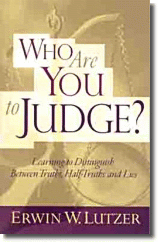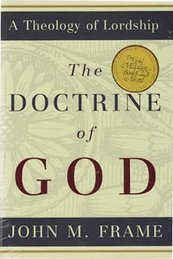For those who have been reading this blog, you might have noticed that it has been a while since I last wrote. but no... ... the blogger is not stopping his blogging as yet. Personal obligations has put a strain on my time, and so it seems that I've disappeared... if anyone has even noticed!!
busy though... I have been able to find time to go for the talk by Dr Tan Kim Huat on the Apocrypha last Thurs. It has been very a fruitful session for me. His sense of humour suprised me. I've always thought that theologians are dull. so I think I'm wrong ...
During the session, he has answered the questions which he has set out to address in a very concise but yet informative manner:
What kind of books are they?
Why are the books not canonised as scriptures?
How did they come about?
I must say that he is able to answer difficult questions in a simple way, and very fast too ... ... Though some of the people who asked the question doesn't seem too satisfied with his answer. One person asked about the relevance of the warning of Revelation 22:18-19 to including the Apocrypha as part the Canon of Scripture.
"and if anyone takes away from the words of the book of this prophecy, God will take away his part from the tree of life and from the holy city, which are written in this book."(Revelation 22:18-19, NASB )
Here is what I heard(hope I haven't understood wrongly): Dr Tan said that the fact that Revelation is the last book of the bible doesn't mean that this warning can be applied to the Canon of scripture as a whole. But as Revelation is the last book of the bible, people have always thought this warning is meant for the whole bible. ... maybe we have neglected the phrase "of this prophecy". But anyway, the person who asked this question on Revelation 22:18-19 seems unsatisfied and left early.(just my assumption!) This set me thinking. In our effort to understand the scripture better, do we rule out all interpretations which we do not favour? If this is so, how are we so sure we are correct? I think this all boils down to epistemology again!! or to put it more simply ... ... it's the question of the chicken and the egg again?!?
Subscribe to:
Post Comments (Atom)



1 comment:
Hey bro, I do agree that a playful joy is an indispensable element of doing theology, hehehe...
if we have more theologians like that, it wud dispel the myth taht theology is boring... Karl barth said this : "Theology is a peculiarly beautiful discipline. Indeed, we can confidently say that it is the most beautiful of all disciplines. To find academic study distasteful is the mark of the Philistine. It is an extreme form of Philistinism to find, or to be able to find, theology distasteful. The theologian who labors without joy is not a theologian at all. Sulky faces, morose thoughts and boring ways of speaking are intolerable in this field."
Post a Comment